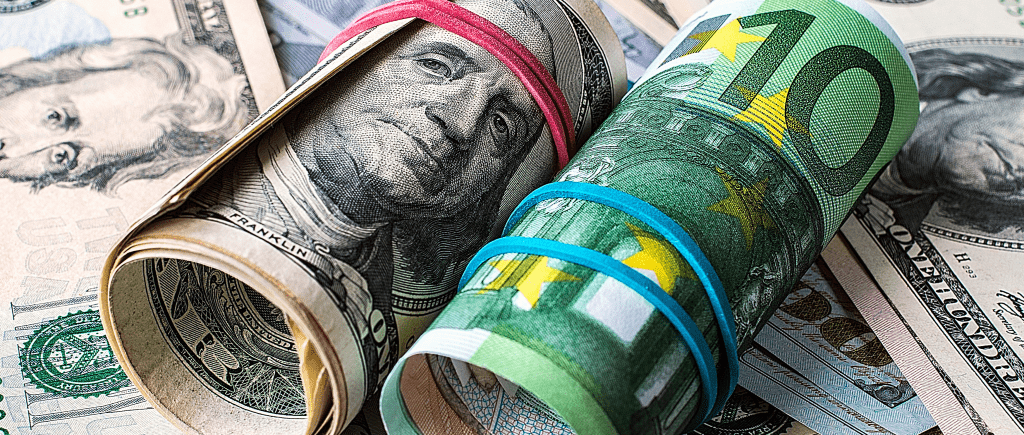The dollar index retreated on Tuesday after a host of economic data releases indicated the U.S. economy remains resilient and may not be close to a recession, while the euro strengthened after comments from European Central Bank (ECB) President Christine Lagarde.
The greenback retreated further after data showed new orders for U.S.-manufactured capital goods unexpectedly rose in May, although the prior month was revised down, indicating some caution remained among businesses for new capital investment.
But the dollar pared declines somewhat after a separate reading on consumer confidence from the Conference Board showed its index rose to 109.7 in June, the highest since January 2022, from 102.5 in the prior month.
Additional data on single-family new home sales in May and home prices in April also indicated the housing market has been able to weather rising interest rates from the U.S. Federal Reserve.
The problem is there’s no indication that a recession is coming, you don’t see it in any of the statistics, what you have is a historical paradigm where when the Fed raises rates at this speed and to this extent you get a recession.
The dollar index fell 0.234% at 102.490. The Japanese yen weakened 0.36% versus the greenback at 144.02 per dollar after softening to as much as 144.02, its weakest since Nov. 10 as investors eyed a possible intervention by the Bank of Japan (BOJ), which last intervened in the yen when it traded around 145 per dollar.
Morgan Stanley said on Tuesday it was now expecting the Fed to hike its key interest rate by 25 basis points in July, from an earlier estimate of a pause, raising its terminal rate forecast to 5.375%.

 Noor Trends News, Technical Analysis, Educational Tools and Recommendations
Noor Trends News, Technical Analysis, Educational Tools and Recommendations




